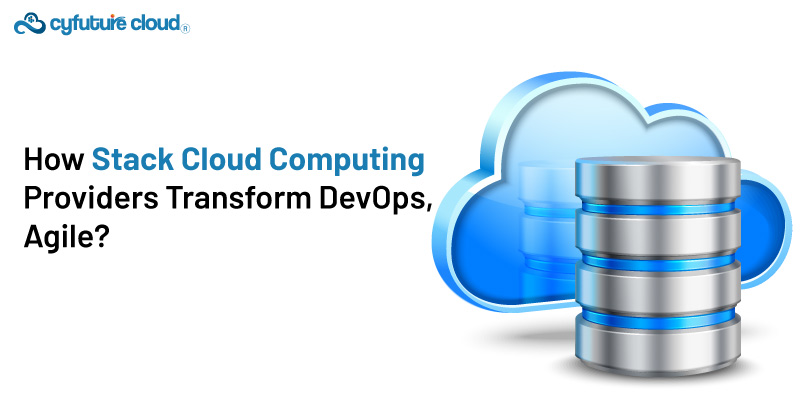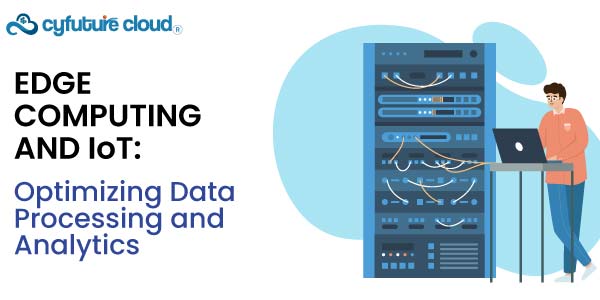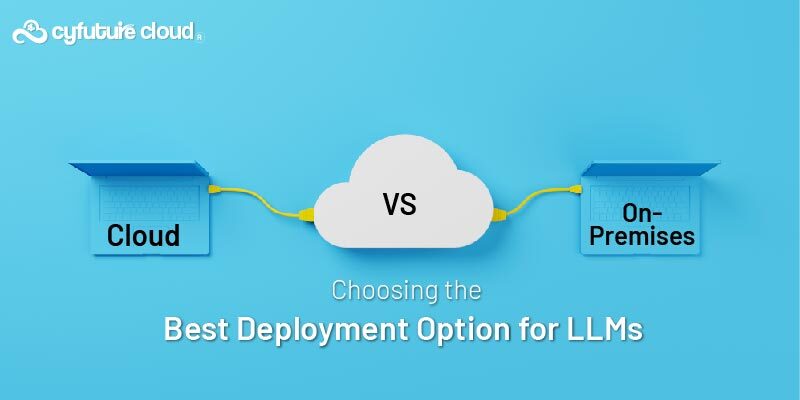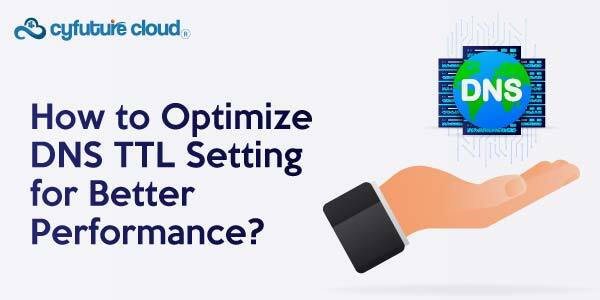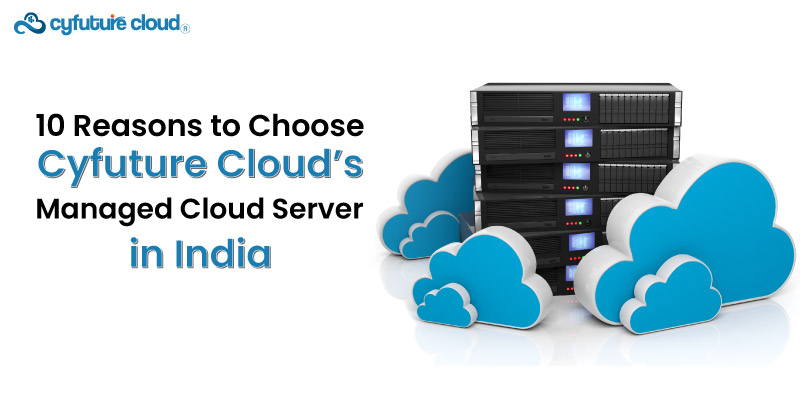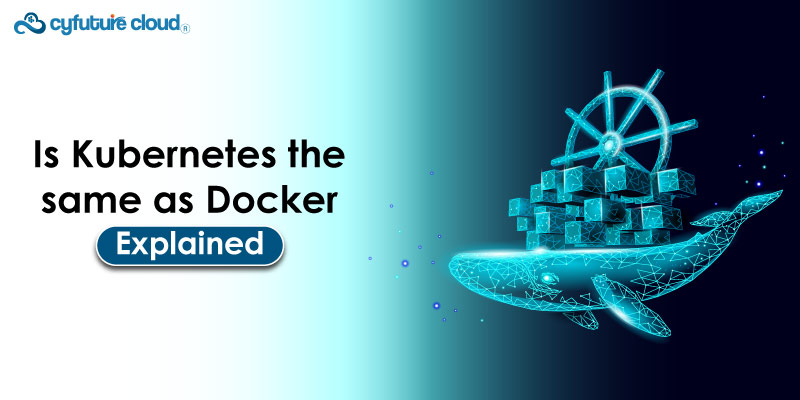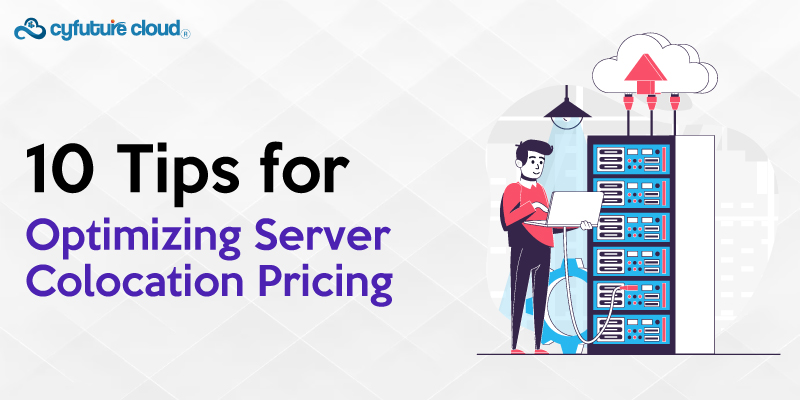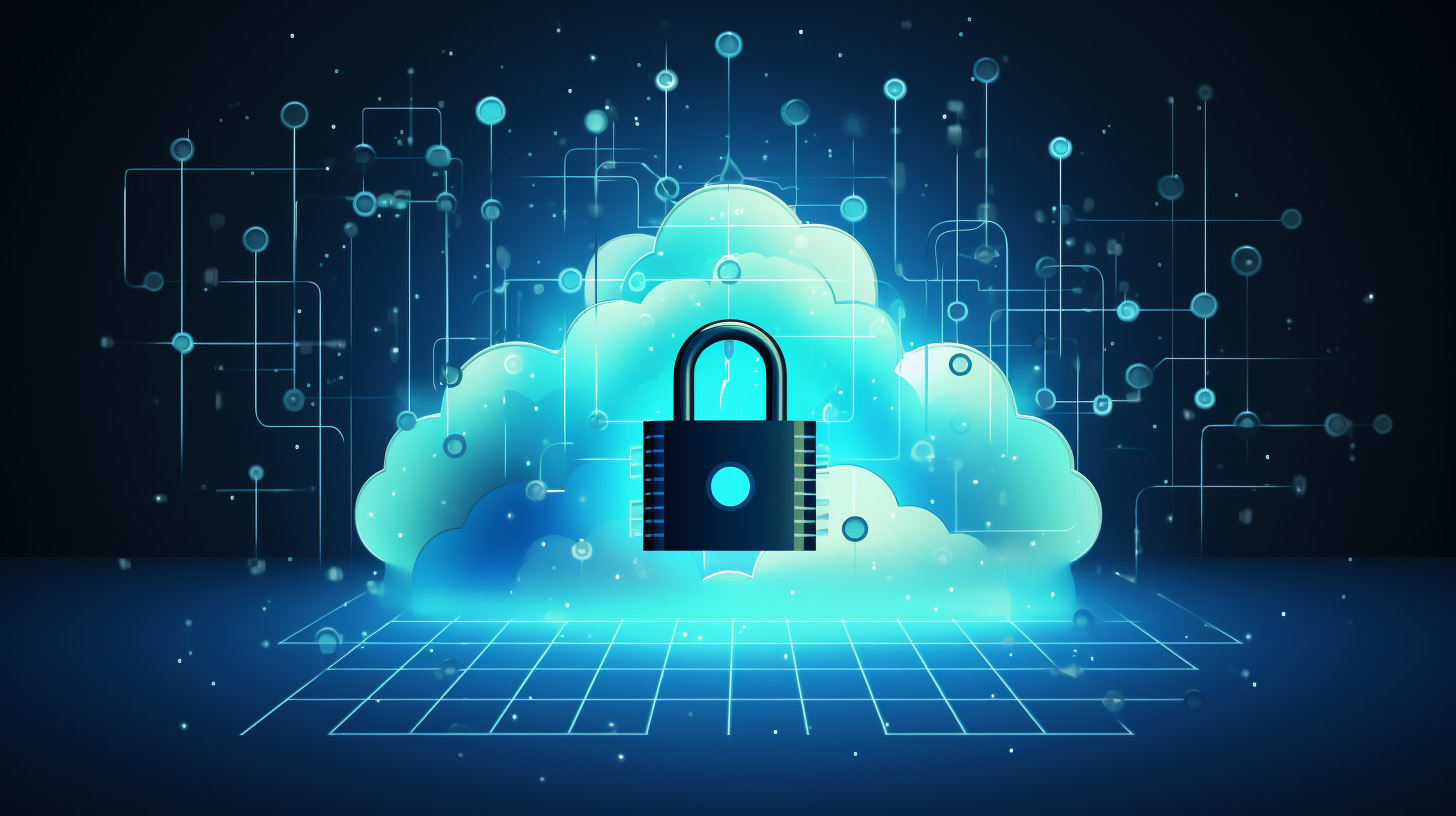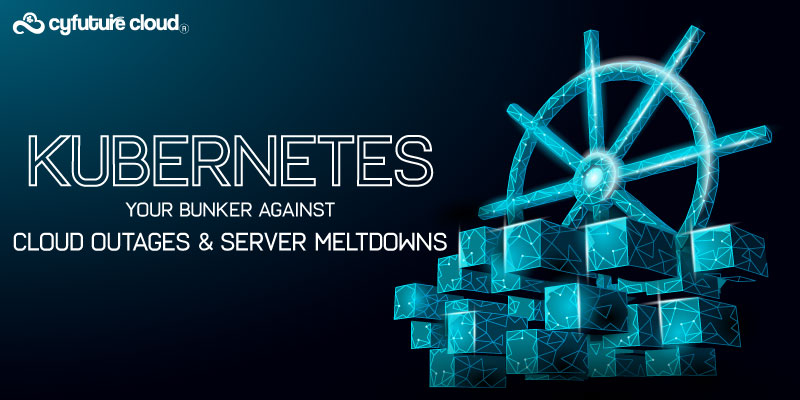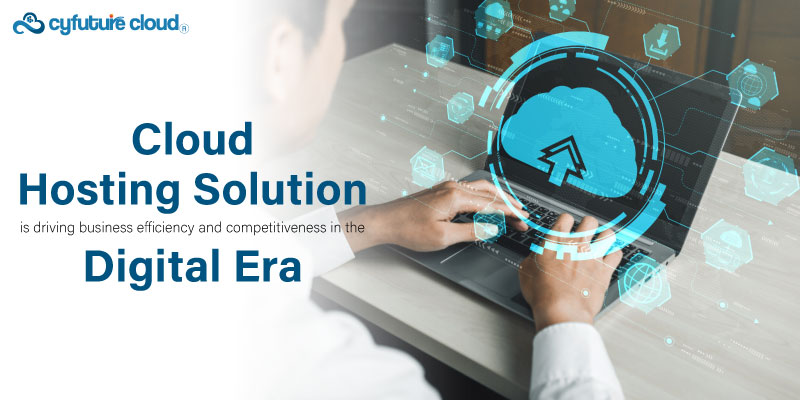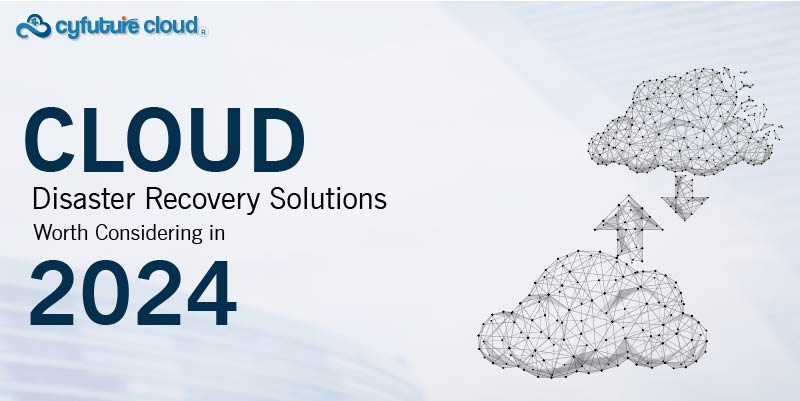Table of Contents
The digital era we live in today has made data the lifeblood of enterprises. Businesses rely significantly on their data to help them make important choices, spur development, and provide excellent customer service. Data loss, however, may be disastrous and do serious harm to an organization’s finances and image.
Remote backup solutions provide organisations a dependable and secure alternative to safeguard and restore their priceless data in these situations. The significance of remote backup, its advantages, and how it gives organisations access to data continuity and recovery will all be covered in this article.
Understanding Remote Backup
The technique of safely storing data on remote servers or the cloud is referred to as remote backup. Unlike traditional backup methods, which rely on physical storage devices, remote backup exploits the internet’s capacity to transfer and store data in distant data centres. This approach might be advantageous to businesses in a variety of ways, including improved data security and accessibility.
The Significance of Remote Backup
Safeguarding Against Data Loss
Data loss can be caused by a number of things, including technological malfunction, natural disasters, cyberattacks, or human error. If a company doesn’t have a dependable backup system in place, they face the danger of losing important information that is vital to their operations.
Data is shielded from these possible risks via remote backup, a safe offsite storage option. Businesses may guarantee the security and integrity of their information even in the face of unanticipated occurrences by routinely backing up their data to remote servers.
Ensuring Business Continuity
When an unexpected data loss incident occurs, the ability to recover quickly is crucial for maintaining business continuity. Remote backup solutions enable businesses to restore their data swiftly, minimizing downtime and reducing the impact on operations. With the ability to access backed-up data from any location with an internet connection, organizations can resume their activities promptly, without disruption to their workflow or customer service.
Meeting Compliance Requirements
Many industries have strict compliance regulations regarding data protection and privacy. Failing to comply with these regulations can result in severe penalties and legal consequences. Remote backup solutions often provide features like encryption and secure data transfer, ensuring that businesses meet the necessary compliance requirements. By employing remote backup, organizations can demonstrate their commitment to data security and maintain compliance with industry standards.
The Benefits of Remote Backup
Enhanced Data Security
Advanced encryption methods are used for remote backup to safeguard data during transmission and storage. The danger of unauthorised access or data breaches is considerably reduced by encryption, which makes sure that only authorised persons can access and understand the data. To further protect data from cyber dangers, remote backup companies frequently employ redundant storage systems and strong security features like firewalls and intrusion detection systems.
Improved Disaster Recovery
The ability of remote backup to provide effective catastrophe recovery is one of its main benefits. Businesses can swiftly recover their data from the distant backup servers in the case of hardware failure, a natural disaster, or a cyberattack. By reducing downtime, this enables firms to quickly and successfully restart operations. The assurance that crucial data may be retrieved and restored to the most recent condition with the least amount of interruption is provided by remote backup.
Scalability and Flexibility
Remote backup solutions offer businesses the flexibility to scale their storage capacity according to their evolving needs. As companies generate more data over time, they can seamlessly expand their backup resources without investing in additional infrastructure. This scalability eliminates the need for businesses to forecast their future storage requirements accurately. Moreover, remote backup solutions can support various types of data, including files, databases, and even entire server environments.
Cost Efficiency
Maintaining an in-house backup infrastructure can be a costly endeavor for businesses. It involves significant upfront investments in hardware, software, and dedicated IT personnel. In contrast, remote backup solutions offer a subscription-based business model that enables companies to only pay for the storage they really use. This method is economical since it avoids the need for capital investments and lowers ongoing maintenance and operating costs.
Automation and Ease of Use
Remote backup solutions often come with automated features that streamline the backup process. Businesses can schedule regular backups and define specific data sets to be included, eliminating the need for manual intervention. Additionally, these solutions provide user-friendly interfaces and intuitive dashboards, making it easy for businesses to monitor their backup status, manage recovery points, and access backed-up data when needed.
Considerations for Implementing Remote Backup
Before implementing a remote backup solution, businesses should consider a few key factors to ensure a successful and seamless transition:
- Data Criticality: Identify the critical data that requires immediate and continuous backup to prioritize protection efforts.
- Bandwidth and Connectivity: Evaluate the available internet bandwidth and connectivity to ensure smooth data transmission to the remote backup servers.
- Retention Policies: Define retention policies that align with business requirements, specifying how long different types of data should be retained in the backup storage.
- Compliance and Regulations: Ensure that the chosen remote backup solution complies with relevant industry regulations and data privacy laws to avoid potential legal consequences.
Choosing the Right Remote Backup Solution
When selecting a remote backup solution, businesses should consider the following factors:
- Reliability and Security: Assess the provider’s reputation, encryption methods, data center certifications, and security protocols to ensure the safety and integrity of the stored data.
- Scalability: Verify that the chosen solution can accommodate the current and future storage needs of the business, allowing seamless expansion without compromising performance or security.
- Ease of Use: Look for user-friendly interfaces, intuitive configuration processes, and automated backup scheduling options to simplify data management tasks.
- Data Recovery Options: Evaluate the recovery capabilities offered by the solution, such as point-in-time restores, file-level restores, and bare-metal recoveries, to ensure compatibility with the business’s recovery objectives.
- Customer Support: Consider the level of technical support and assistance provided by the remote backup provider, including response times, availability, and expertise.
Remote Backup vs. Traditional Backup Methods
|
Remote Backup Methods |
Traditional Backup Methods |
|
|
Definition |
The process of securely storing data on offsite servers or the cloud, utilizing the internet for data transmission and storage. |
The use of physical storage devices, such as tapes or local drives, for data backup and storage. |
|
Accessibility |
In the presence of the internet, users can access data anytime and anywhere. |
Limited accessibility because data is kept on tangible objects that must be retrieved physically. |
|
Data Protection |
Data is stored in offsite locations or remote servers, providing protection against localized incidents and disasters. |
Susceptible to physical threats, such as fires, floods, or theft, that can lead to data loss. |
|
Scalability |
Highly scalable, allowing businesses to easily expand storage capacity as their data grows. |
Limited scalability as physical storage devices have fixed capacities, requiring additional devices for increased storage needs. |
|
Automation |
Automated backup processes, reducing manual intervention and ensuring consistent and timely backups. |
Manual processes often require regular human intervention and management. |
|
Disaster Recovery |
Offers efficient disaster recovery with quick restoration of data from remote servers, minimizing downtime. |
Recovery time depends on the physical retrieval of backup devices, potentially resulting in longer downtime. |
|
Cost |
Cost-effective, eliminating the need for upfront hardware investments and reducing ongoing maintenance costs. |
Upfront costs for purchasing and maintaining physical storage devices, including hardware upgrades and maintenance expenses. |
|
Future Trends |
Integration with technologies like AI, ML, blockchain, and edge computing for enhanced capabilities. |
Limited potential for technological advancements due to reliance on physical devices. |
Future Trends in Remote Backup
As technology continues to evolve, remote backup is poised to witness significant advancements and trends:
- AI and ML: Remote backup is anticipated to significantly benefit from AI and ML technologies, which will improve data deduplication, compression, and encryption capabilities.
- Blockchain-based Backup: By providing immutable and tamper-proof data storage solutions, blockchain technology has the potential to revolutionise offsite backup.
- Edge Computing Integration: The integration of remote backup with edge computing infrastructure enables businesses to perform backups and restores directly from edge devices, reducing latency and improving data availability.
- Continuous Data Protection (CDP): By documenting each change made to data, CDP solutions ensure minimum data loss in the case of an incident and enable real-time data protection.
- Hybrid Backup Approaches: Businesses have more flexibility and control over their data protection strategies thanks to hybrid backup models that combine remote backup with on-premises backup solutions.
Conclusion
Remote backup has emerged as a vital tool for businesses seeking to protect their valuable data, ensure continuity, and recover swiftly from data loss incidents. By implementing a robust remote backup solution, organizations can safeguard their information, meet compliance requirements, and maintain uninterrupted operations. With its benefits of enhanced data security, scalability, cost efficiency, and automation, remote backup empowers businesses to focus on their core objectives while leaving their data protection needs in capable hands.
Send this to a friend

 Server Colocation
Server Colocation CDN Network
CDN Network Linux Cloud Hosting
Linux Cloud Hosting Kubernetes
Kubernetes Pricing Calculator
Pricing Calculator
 Power
Power
 Utilities
Utilities VMware Private Cloud
VMware Private Cloud VMware on AWS
VMware on AWS VMware on Azure
VMware on Azure Service Level Agreement
Service Level Agreement 